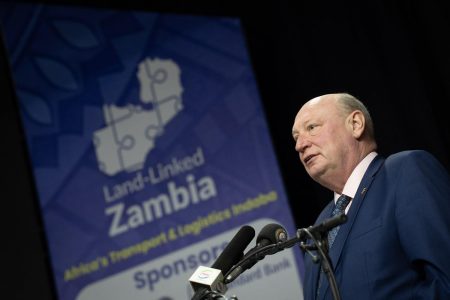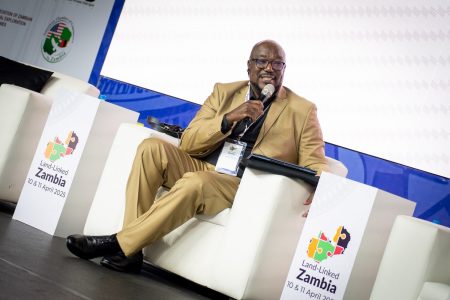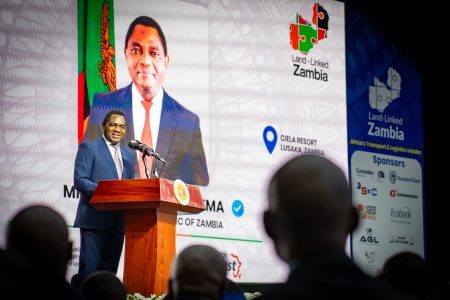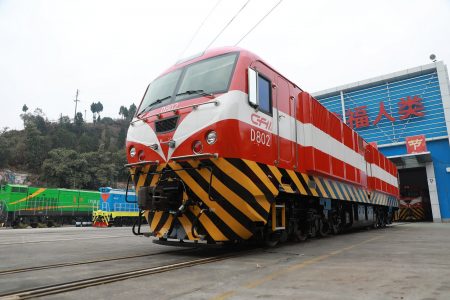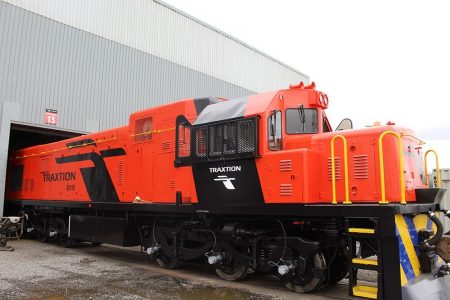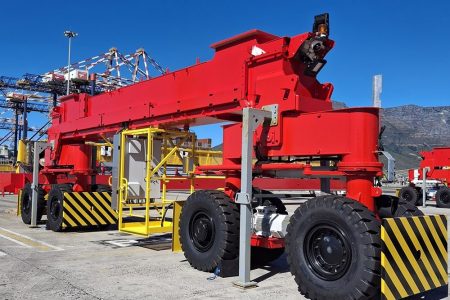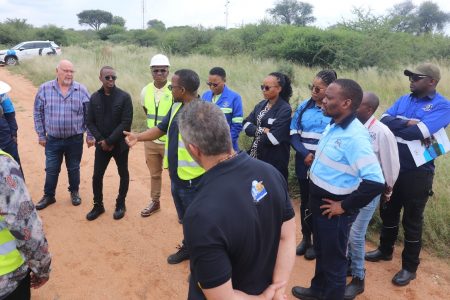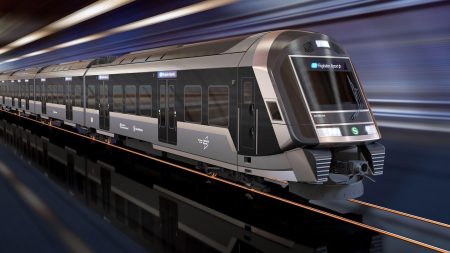This content is for Premium Subscribers only. To view this content, login below or subscribe as a Premium Subscriber.
Related News Articles
Enugu–Port Harcourt Railway Project a Top Priority
28 April 2025
West Africa, Nigeria
3 min
2 min
2 min
3 min
3 min
Rovos Rail Collision
22 April 2025
SADC, Zimbabwe
1 min
Traxtion Is Meeting Rail Needs Through Innovation and Sustainability
22 April 2025
SADC, South Africa
3 min
Zambia: Suspension of Passenger Train Services Following a Goods Train Derailment
22 April 2025
SADC, Zambia
1 min
Essential Equipment Starts Arriving at the Cape Town Container Terminal
22 April 2025
SADC, South Africa
1 min
2 min
1 min
1 min
NRC and Plateau State Government Partner to Revive Jos–Kuru Rail Corridor
15 April 2025
West Africa, Nigeria
1 min
Warri-Itakpe Train Service Temporarily Suspended Following Engine Failure
15 April 2025
West Africa, Nigeria
1 min
